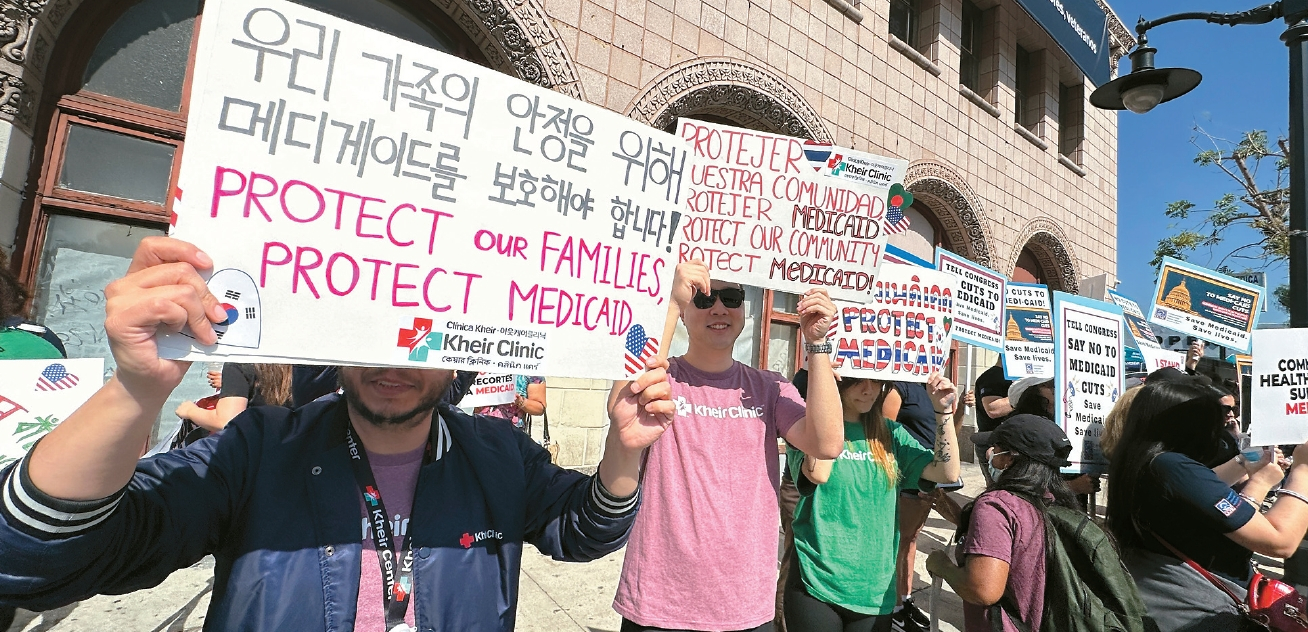Facing a massive budget shortfall, California Governor Gavin Newsom announced on May 14 that the state will scale back certain public benefits for undocumented immigrants, including major changes to Medi-Cal (California’s version of Medicaid).

The policy shift marks a significant step back from California’s recent expansion of healthcare coverage for all adults, regardless of immigration status.
Medi-Cal Enrollment Freeze and Monthly Premiums
Beginning in 2026, the state will stop accepting new low-income undocumented adults into Medi-Cal. Starting in 2027, existing undocumented adult enrollees will be required to pay a $100 monthly premium to maintain coverage.
Undocumented children will remain eligible for Medi-Cal without premiums under the new plan.
According to the governor’s office, these changes are projected to save the state approximately $5.4 billion between 2028 and 2029.
Cuts to IHSS Overtime Also Planned
In addition to the Medi-Cal changes, the state plans to cut spending on the In-Home Supportive Services (IHSS) program by adjusting overtime limits. Currently capped at 30 hours and 45 minutes per week, the revised limits are expected to save approximately $705 million in the 2026 budget year.
The IHSS program provides home-based care to senior Medi-Cal patients. The cuts may impact some Korean American families who depend on the program for elder support.
Policy Reversal Amid Mounting Deficit
Despite having previously championed immigrant protections, California now finds itself reversing course under fiscal pressure. In 2024, the state became the first in the U.S. to offer free health insurance to all undocumented adults—a central component of Governor Newsom’s push for universal healthcare.
However, the expansion, combined with rising drug prices and a growing elderly population, contributed to a $6.2 billion Medi-Cal deficit, prompting the policy rollback.
To address a $46.8 billion deficit in 2023, California had already used emergency reserves, reduced departmental budgets by 10%, and temporarily raised corporate taxes. The governor’s office warns that billions more in deficits are projected for the current year.
BY BRIAN CHOI [choi.inseong@koreadaily.com]



